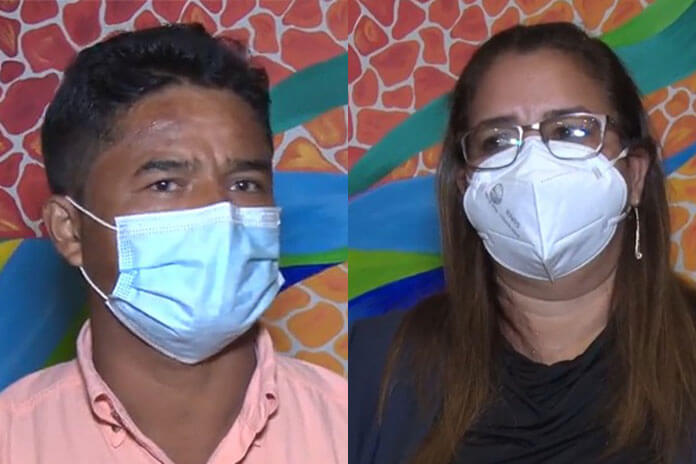BELIZE CITY, Wed. June 30, 2021– Yesterday, June 29, the Government of Belize began a four-day workshop that is aimed at improving the management of the country’s multi-species finfish fishery. The workshop is being co-organized by the United Nations Conference on Trade and Development (UNCTAD), the Division for Ocean Affairs and the Law of the Sea, Office of Legal Affairs (DOALOS), and the Directorate General for Foreign Trade, and Environmental Defense Fund (EDF). The workshop ends on Friday, July 2..
The workshop is being conducted as a part of phase II of a United Nations Development Account-funded project that is being coordinated by both UNCTAD and DOALOS, and is geared at strengthening the capacity of developing coastal countries like Belize to expand, adopt and implement proven policies; and Blue Economy and trade strategies. One of the goals of this effort is the promotion of sustainable trade and services in ocean-based sectors.
The actions taken during the implementation of phase II of the project will help the country ensure that its marine ecosystems are resilient and that livelihood is guaranteed for fishery-dependent communities. Toward this end, the initiative will involve the development of a multi-varied finfish value chain. The sustainable use of finfish resources will create opportunities for families to sustain themselves and engage in trade through access to diversified marine species, instead of relying solely on heavily exploited nearshore resources like the spiny lobster and queen conch.
Nicanor Requeña, project manager of the Environmental Defense Fund (EDF), further noted, “With regards to this training workshop in particular, the main objective is to bring together a multi-stakeholder group that is represented by the fishermen, the cooperatives, the Belize Fisheries Department, local partners such as the co-managers of these protected areas in the country, and really bring this discussion in a way that will be able to generate the information that is necessary to finalize the multi-species finfish management plan for Belize, which is a priority for the Fisheries Department, a priority for the Blue Economy ministry and really a priority for the country. It is one of those fisheries that really has not been addressed. There’s been a lot of effort that has been done for lobster, conch and no finfish.”
The Policy and Planning Advisor in the Ministry of Blue Economy, Ms. Beverly Wade, explained, “We have well-established management plans for our primary commodities such as lobster and queen conch, and we have now reached the juncture where we realize that we need a proper management plan — a robust and structured management plan, to ensure the long-term sustainable use of finfish resources in Belize and also help to inform the development of that resource in Belize.”
Wade pointed out that finfish fishing has actually been an informal sector in the country for some time. It is currently not an export-oriented activity, but it was in the past. A more structured regime that allows for more sustainable use of this fishery will play an important role domestically and internationally, from an export-oriented perspective and will ensure that the fishery is properly managed and that it will contribute to better livelihood and economic output, Wade said.
Requeña stated, “Apart from building the capacity of all the participants in terms of understanding the fundamental principles of good fisheries management, which is in the context of climate change, it’s in the context of all these challenges that not only Belize faces, but the globe faces in terms of fisheries management. We expect that the participants will also go with an appreciation of them being a part of an effort so that they are able to say this is not only a finfish management plan developed by the department or by government, but that I, a fisherman or a cooperative member, or the co-manager, is able to take ownership of that plan because you will have an appreciation that developing the plan is only one step.” He emphasized that implementation of the plan is even more important.

